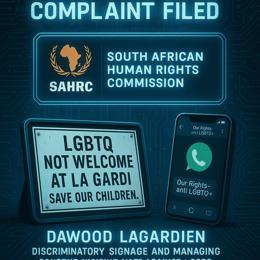Image: AI generated for illustration purposes
Justice Department admits flaws in Donovan Moodley parole board process
In a revealing admission that has spurred significant interest within the South African justice system, the Justice and Correctional Services Department has accepted that there were serious procedural missteps in the parole board hearing of convicted murderer Donovan Moodley. The department’s stance came to light during a High Court application in Johannesburg where Moodley sought to challenge the board’s March decision against recommending his early release.
The proceedings, which have gripped the public and stirred conversations about the country's parole system, concluded with all parties agreeing that the March parole hearing was rife with issues. It was during this hearing that Donovan Moodley, the man convicted of the 2004 kidnapping and subsequent murder of Leigh Matthews, was denied parole.
Eyebrows were raised when it was revealed in court that a parole board member had fallen asleep during Moodley’s parole hearing, highlighting a worrying level of disregard for the gravity of the proceedings. Furthermore, Moodley's plea was called into question based on a 2018 Constitutional Court application in which he claimed his plea misrepresented the facts and that others were involved in the crime. This crucial information, which could have potentially impacted the parole board's decision, was not presented at the March hearing.
In another significant oversight, while Moodley was permitted legal representation, the role of his lawyer was unjustly limited during the hearing. This led to a concession from Advocate Vusumuzi Malema, representing the State, that the legal proceedings were flawed to the extent of being ‘vitiated’, a term indicating that the process was legally imperfect and thus invalid.
Amidst these revelations, there remains a split among involved parties on the path forward. Moodley’s camp argues for the High Court to override the parole board’s negation with a favorable decision, whereas the State advises that a revised assessment be conducted by a new parole board.
The complexities of this case mirror the broader challenges faced by South Africa's legal institutions in balancing justice, remediation, and public safety. The High Court's impending decision is expected to not only decide the fate of Donovan Moodley but also set a precedent for future parole board hearings that demand scrupulous fairness and due diligence.
As the legal community and public await the court's determination, the implications of these proceedings are bound to reverberate through the corridors of justice and correctional services across the nation.










